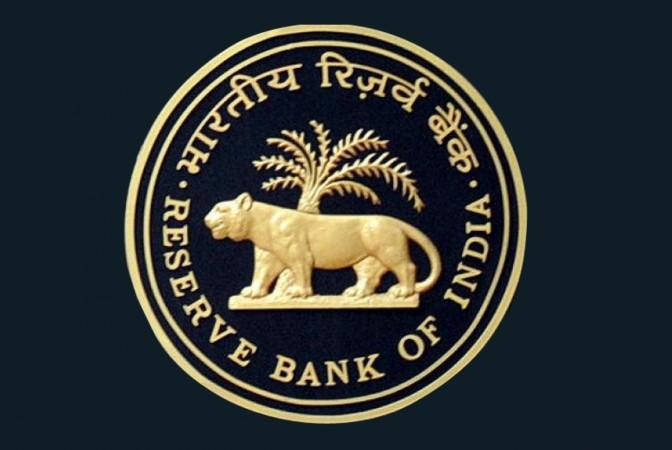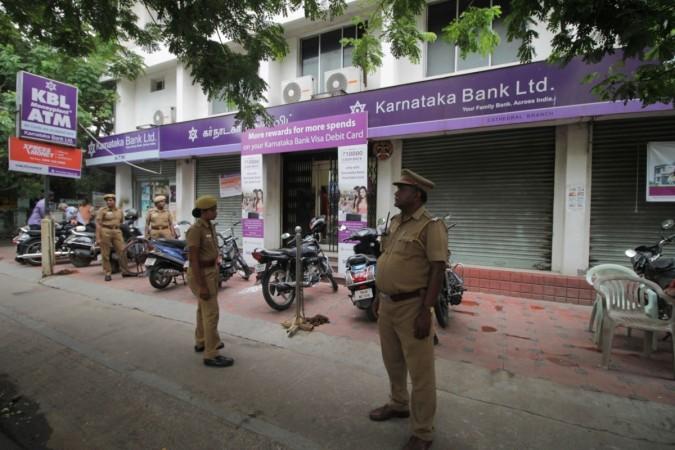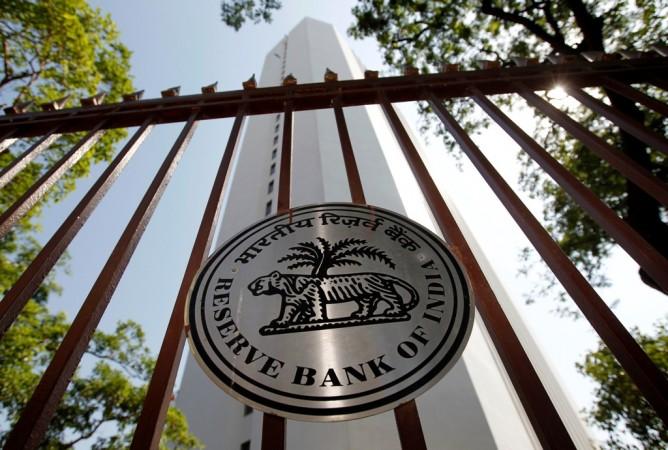The Reserve Bank of India (RBI) has imposed a monetary penalty of Rs 1.20 crore on Karnataka Bank Ltd. on account of non-compliance with certain provisions issued by RBI on "Prudential Norms on Income Recognition, Asset Classification (IRAC) and provisioning pertaining to Advances - Divergence in NPA Accounts" and "Prudential norms on Income Recognition, Asset Classification and Provisioning pertaining to Advances".

A penalty of Rs 5 crore on Bank of India for non-compliance with certain provisions of the directions issued by RBI on "Income Recognition, Asset Classification and Provisioning pertaining to Advances - Divergence in NPA accounts", "Opening of current accounts by banks – Need for discipline", and "Classification and reporting of frauds."
The Saraswat Co-operative Bank has been penalised Rs 30 lakh on account of non-compliance with directions issued by RBI on 'Income Recognition and Asset Classification (IRAC) norms.'
Why did the RBI impose a monetary penalty on these banks?
The penalties were imposed by RBI following the statutory inspection of the banks in question, with regards to its financial position as on March 31, 2017, and as on March 31, 2018, and the Risk Assessment Reports (RAR) that revealed, inter-alia, non-compliance with above-mentioned directions issued by the RBI.

Further, a show-cause notice was issued by RBI to the banks seeking answers and valid reasons as to why a penalty should not be imposed on them for non-compliance with the RBI directives.
After oral submissions made during the personal hearing from the banks in question and considering their reply to the show-cause notice, also further examination of additional submissions, the RBI in its final response concluded that non-compliance charges will be levied on Bank of India, Karnataka Bank and the Saraswat Co-operative Bank in the form of monetary penalties.
Under which section was the penalty imposed by RBI?
RBI exercised its powers as the central monetary authority of India to levy non-compliance charges (penalties on banks) under the provisions of section 47A (1) (c) read with sections 46 (4) (i) and Section 51 (1), Section 56 of the Banking Regulation Act, 1949 (the Act). The action by RBI is based on the deficiencies in regulatory compliance.

However, the penalty is not intended to be pronounced upon the validity of any transaction or agreement entered into, by the bank with its customers.
Other directives issued by RBI
RBI also issued directives under section 35 A of the Banking Regulation Act, 1949 (AACS) to Rupee Co-operative Bank Ltd, vide directive UBD.CO.BSD-I/D-28/12.22.218/2012-13 dated February 21, 2013, from the close of business on February 22, 2013. The validity of the directions was extended from time to time vide subsequent directives earlier in the past.
The last directive being issued to Rupee Co-operative Bank Ltd, dated February 26, 2020, was extended for three months valid up to May 31, 2020, subject to review.
RBI exercises its powers under sub-section (1) of Section 35 A read with Section 56 of the Banking Regulation Act, 1949 issued a further extension of three from June 01, 2020, to August 31, 2020, vide Directive DOR.AID/D-82/12.22.218/2019-20 dated May 26, 2020, will be subject to further review.
The above extension issued to Rupee Co-operative Bank does not imply that RBI is satisfied with the substantive improvement in the financial position of the bank.

















